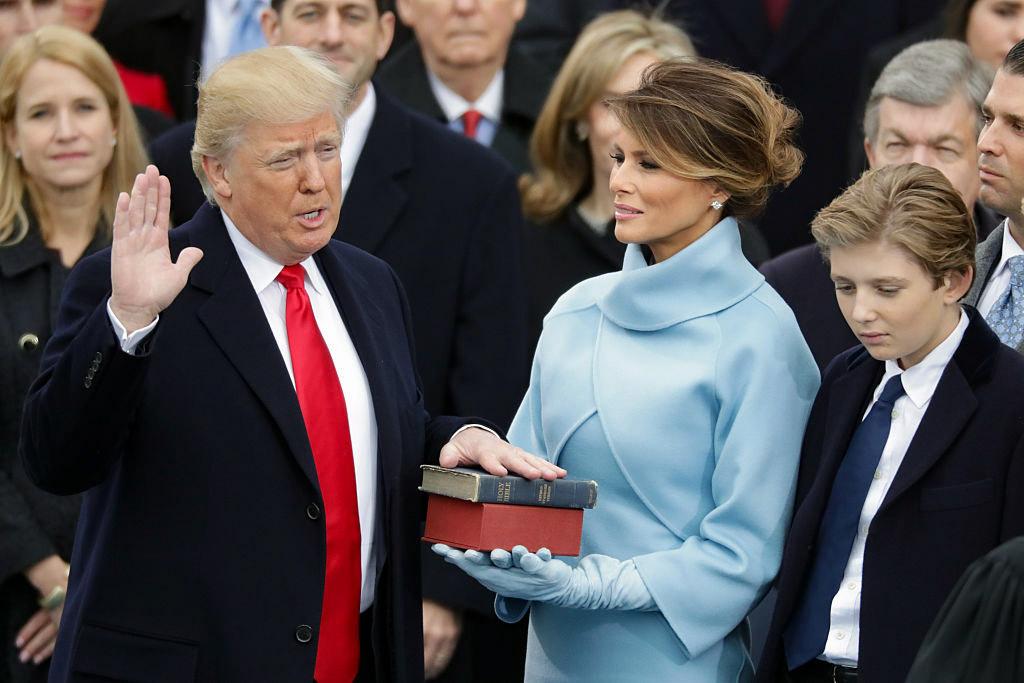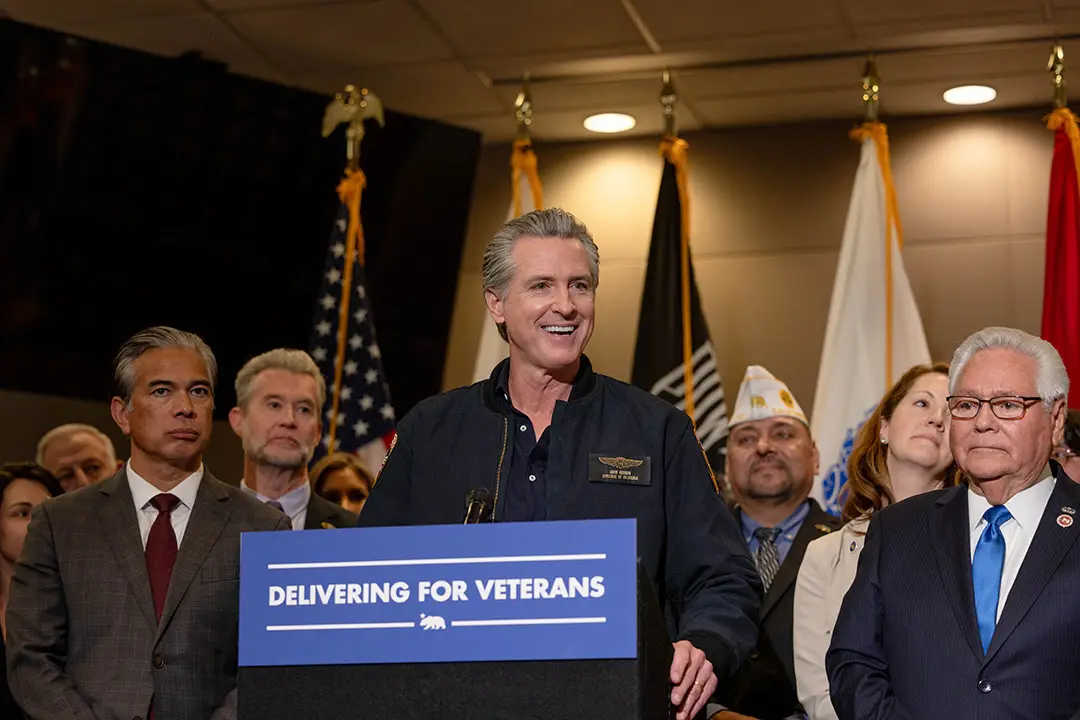In an in-depth interview with TIME magazine, former President Donald Trump laid out his agenda for a second term should he retake the White House in 2025 following the election later this year.
The wide-ranging interview, held over two days at President Trump’s Mar-a-Lago property in Palm Beach, Florida, with a follow-up phone interview, was the cover story for the magazine titled “If He Wins.”





